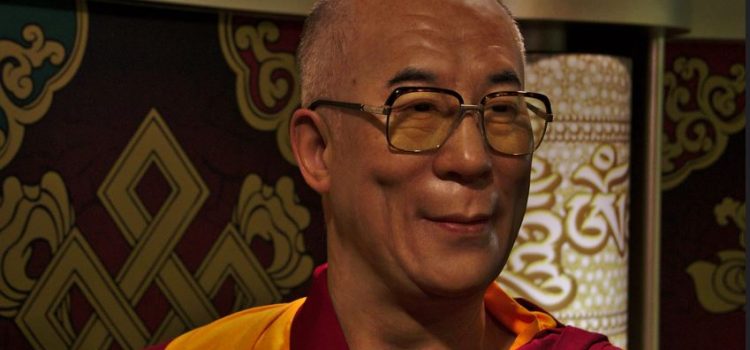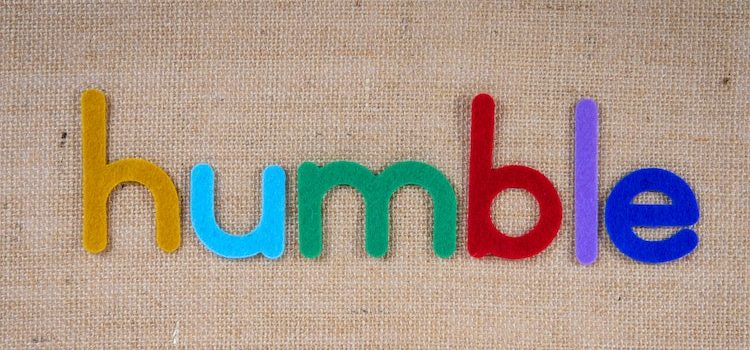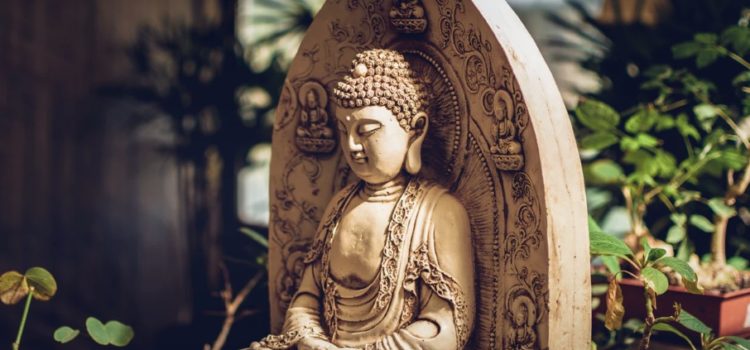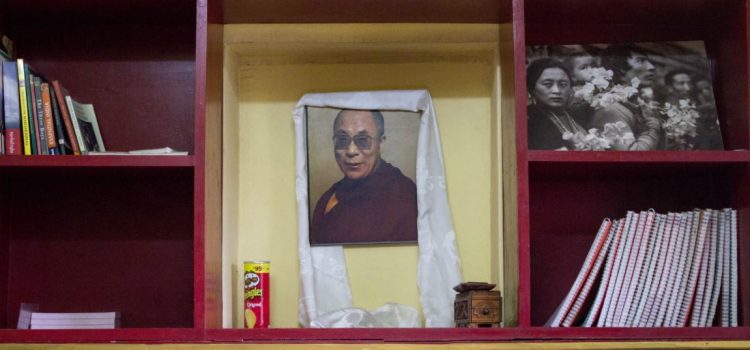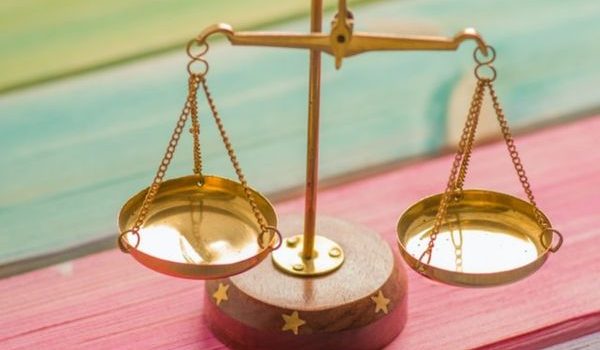What is The Book of Joy by the Dalai Lama and Desmond Tutu about? What are the main takeaways of the book? In The Book of Joy, the Dalai Lama and Archbishop Desmond Tutu offer reassurance that joy is not as elusive as you might think. While many look for joy in a different relationship, a different city, or a different job, they argue that joy can be found exactly where you are no matter what your life looks like. Read below for an overview of The Book of Joy, Dalai Lama and Desmond Tutu’s spiritual guide to finding joy.
The Book of Joy by the Dalai Lama & Desmond Tutu: Recap


